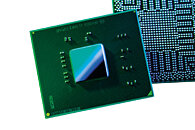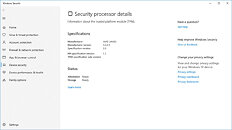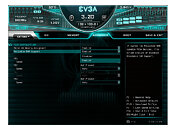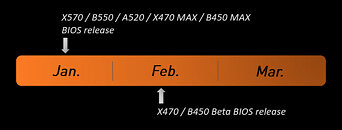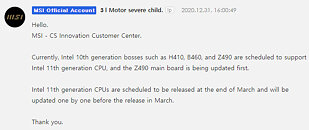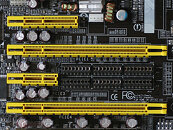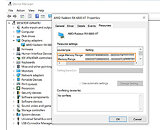
ASRock Releases UEFI Updates for Next Generation Intel Processors for its 600-series Motherboards
ASRock has released UEFI/BIOS updates for at least 47 of its 600-series chipset based motherboards, which will add support for the next generation of CPUs from Intel. The new CPUs are of course Intel's 13th gen Core CPU's, codenamed Raptor Lake, even though ASRock doesn't specifically mention this anywhere in the text on its portal site. We're expecting to see similar announcements from the other motherboard makers in due time. ASRock doesn't go into any kind of details as to which CPUs are supported and the company doesn't appear to have updated its CPU support lists yet, which is a shame, but not entirely unexpected, since the Raptor Lake CPUs aren't expected to launch until later this year.
However, ASRock has implemented what the company calls Auto Driver Installer or ADI in this UEFI/BIOS update for the boards and this is likely to be an unpopular addition, as it means drivers will be automatically be downloaded and installed if the system is connected to the internet. Presumably there will be an option to disable this feature, but it appears to be enabled by default, which has proven to be an unpopular option when other companies have done it. Admittedly it could be a handy feature during a new build or OS reinstall, but it's also a potential attack vector for malware.
However, ASRock has implemented what the company calls Auto Driver Installer or ADI in this UEFI/BIOS update for the boards and this is likely to be an unpopular addition, as it means drivers will be automatically be downloaded and installed if the system is connected to the internet. Presumably there will be an option to disable this feature, but it appears to be enabled by default, which has proven to be an unpopular option when other companies have done it. Admittedly it could be a handy feature during a new build or OS reinstall, but it's also a potential attack vector for malware.





















